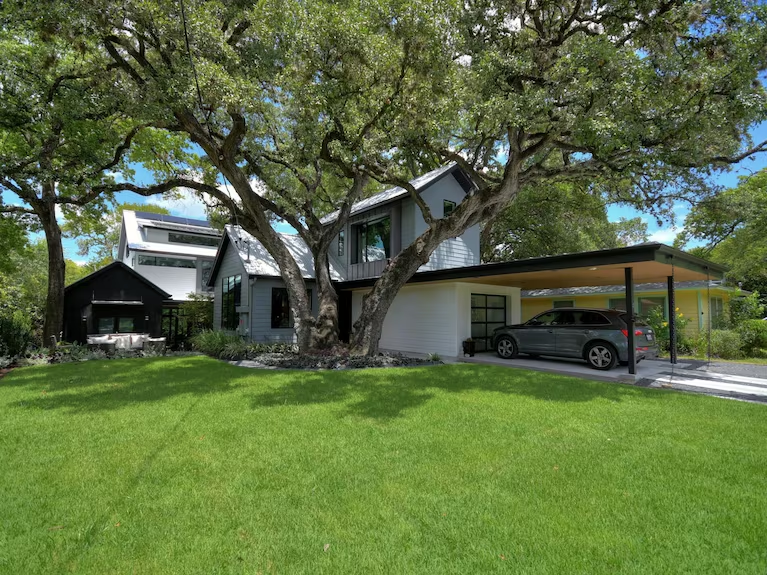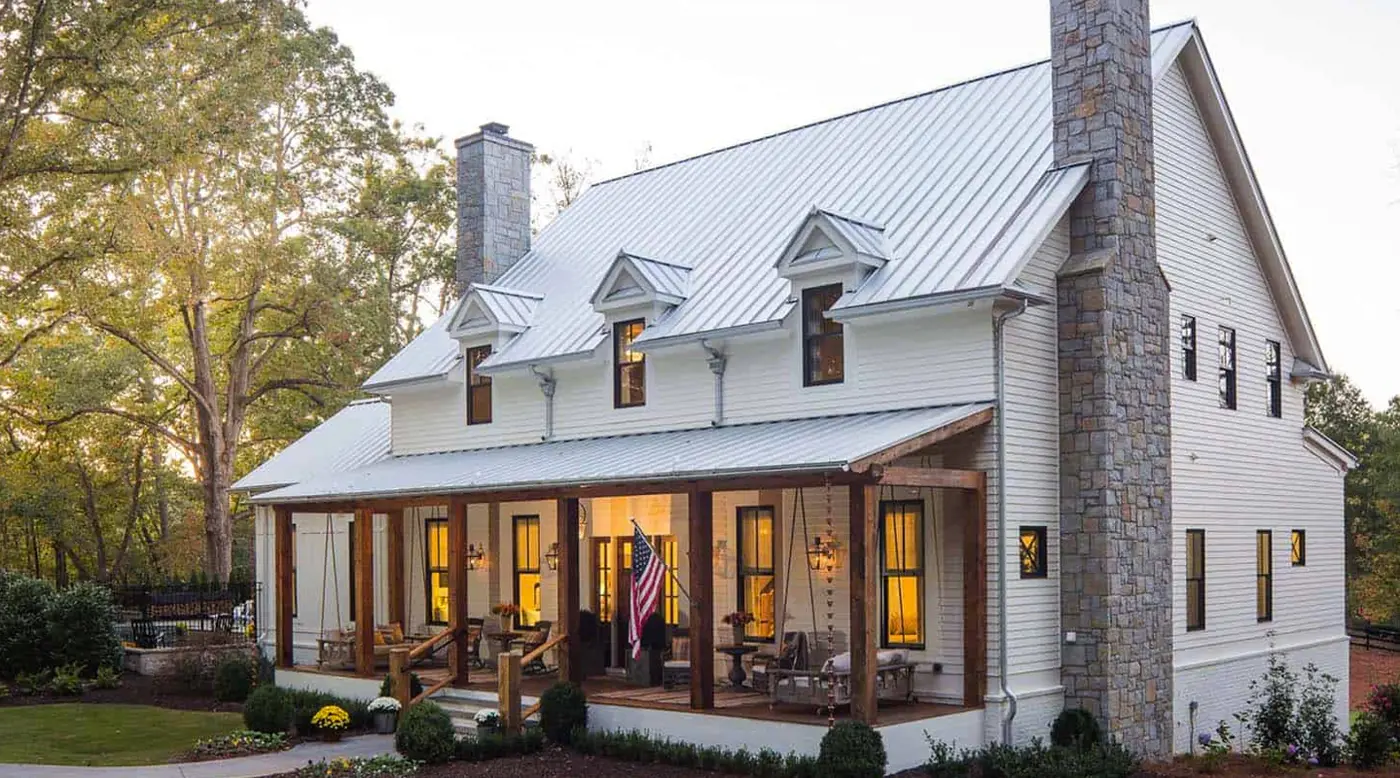On a crisp autumn evening in 2015, Rachel stepped into a dimly lit warehouse in Bushwick, Brooklyn. She had heard about House of Yes—a place where performers, artists, and dreamers collided in a swirl of lights, music, and pure imagination—but nothing could have prepared her for the spectacle that awaited her inside. She was greeted by a kaleidoscope of fire dancers, stilt walkers, and glitter-covered acrobats twisting midair as she crossed the threshold. With each step deeper into the venue, she realized that House of Yes was not just a nightclub—it was a world where creativity had no limits, everyone was welcome, and self-expression was celebrated in its most extravagant forms. That night, Rachel found more than just a place to dance—she found a community.
What began as an experimental art space has since evolved into one of New York City’s most iconic nightlife venues. The House of Yes has become a haven for artists, performers, and those seeking an escape from the ordinary. It blends the freedom of a music festival with the immersive experience of a theatre production. It is a space where the boundaries between performer and audience blur, and the answer to every question, idea, or dream is always “Yes.”
The Origins of the House of Yes
The House of Yes was born in 2007 and founded by artists Kae Burke and Anya Sapozhnikova as a DIY art space in East Williamsburg. Like many artist-led ventures, the early days of the House of Yes were scrappy and experimental, featuring everything from aerial acrobatics to art installations, with performances often held in lofts or makeshift spaces. Burke and Sapozhnikova envisioned a space fostering collaboration and creativity—somewhere people could express themselves freely, without fear of judgment.
Their first venue, however, was short-lived, as a fire in 2008 forced them to close their original location. However, the spirit of the House of Yes was not extinguished. In 2015, Burke and Sapozhnikova found a new home for their project in Bushwick, partnering with Justin Ahiyon and Leif Hedendal to reopen House of Yes in its current form—a nightclub and performance venue that blends nightlife with artistic expression (Sapozhnikova, 2019). Since then, House of Yes has become a cornerstone of Brooklyn’s nightlife scene, beloved for its inclusive atmosphere, immersive events, and eclectic performances.
What Makes House of Yes Unique?
What sets House of Yes apart from other nightlife venues is its dedication to radical self-expression, inclusivity, and theatricality. Unlike traditional clubs where dancing and music are the main attractions, House of Yes offers an immersive experience, combining circus performance, theatre, and avant-garde art elements. Every night at House of Yes feels like stepping into an interactive show where everyone is both audience and performer.
- Immersive Events and Themed Parties
- Themed parties are a signature feature of House of Yes, ranging from “Dirty Circus” to “Disco House” to “House of Love,” where attendees dress up in elaborate costumes and participate in an immersive experience. It is not unusual to see aerialists performing high above the dance floor, drag queens hosting spontaneous fashion shows, or dancers with LED-lit wings weaving through the crowd.
- Art and Performance as the Core
- True to its origins as an art collective, House of Yes remains deeply connected to the performance art world. The venue hosts weekly shows that combine circus arts, burlesque, cabaret, and live music. This allows performers of all kinds to find a platform while patrons experience much more than just a typical night out.
- Inclusivity and Consent Culture
- One of the House of Yes’s foundational values is inclusivity. The venue prides itself on being a safe space for people of all gender identities, sexual orientations, and walks of life. Consent culture is actively promoted, and the staff communicates and enforces the club’s “No Means No” policy to ensure everyone feels respected and safe while exploring their wildest fantasies.
Statistics:
- Average number of events per month: 25-30 (House of Yes, 2023)
- Audience diversity: 40% LGBTQ+ attendees, 60% mixed demographics (House of Yes, 2023)
References:
- House of Yes. (2023). Event Calendar and Audience Data.
- Sapozhnikova, A. (2019). Interview on the Origins of House of Yes. Brooklyn Based.
The Cultural Impact of House of Yes
Since its reopening in 2015, House of Yes has become a cultural phenomenon and a mainstay in the Brooklyn nightlife scene. The venue has been featured in major publications like The New York Times, Vogue, and Rolling Stone, and its reputation as a hub for artistic freedom and inclusivity has garnered attention far beyond New York.
Much of this cultural influence is tied to the fact that House of Yes represents a unique blending of subcultures—nightlife, performance art, and queer culture—creating a space that feels both celebratory and revolutionary. For many, House of Yes offers an escape from the everyday pressures of life, a space where they can let their guards down and embrace their true selves.
In 2020, House of Yes pivoted to online events during the COVID-19 pandemic, hosting virtual parties and performances to maintain its community. This proved that even in the face of challenges, the “Yes” ethos can adapt and endure.
Key Stats:
- Annual number of visitors: Estimated at over 100,000 (Brooklyn Chamber of Commerce, 2022)
- Online events during the COVID-19 pandemic: Over 50 virtual events hosted between March 2020 and December 2020 (House of Yes, 2021)
References:
- Brooklyn Chamber of Commerce. (2022). Impact of House of Yes on Brooklyn Nightlife Economy.
- House of Yes. (2021). Annual Report.
Economic and Community Impact
Beyond the glitter, costumes, and performances, House of Yes also plays a significant role in the local economy. The venue employs dozens of performers, bartenders, security personnel, and event staff. According to a Brooklyn Chamber of Commerce report, House of Yes generates millions in revenue annually, contributing to Bushwick’s growing reputation as a cultural and creative hub.
In addition to economic contributions, House of Yes frequently hosts fundraising events for social causes, from LGBTQ+ rights to climate change activism. 2019, the venue raised over $150,000 for various causes through themed benefit events (Brooklyn Chamber of Commerce, 2022).
Key Stats:
- Revenue generated (2021): Estimated $3.5 million in annual revenue (Brooklyn Chamber of Commerce, 2022)
- Funds raised for charitable causes (2019): $150,000
References:
- Brooklyn Chamber of Commerce. (2022). Impact of House of Yes on Brooklyn Nightlife Economy.
Challenges and Controversies
While House of Yes has built a reputation for inclusivity and radical freedom, it has been subject to controversy. As the venue became more popular, some original patrons expressed concerns about gentrification and the commodification of underground culture. With an influx of media attention and tourists, House of Yes has faced criticism for moving away from its roots as an intimate art space.
Maintaining a culture of consent and safety in a rapidly growing venue is a continual challenge. Although the House of Yes has established strict policies to prevent harassment and promote inclusivity, like any nightlife space, it occasionally faces crowd control and safety issues. To address this, the venue regularly reviews and updates its protocols and offers staff training to ensure that safety remains a priority (Sapozhnikova, 2019).
Key Stats:
- Annual visitor growth (2015-2022): 45% increase
- Gentrification concerns: 30% of Bushwick residents reported feeling the area has changed due to increased nightlife activity (Brooklyn Based, 2021)
References:
- Brooklyn Based. (2021). Bushwick Nightlife and Gentrification.
- Sapozhnikova, A. (2019). Interview on the Origins of House of Yes. Brooklyn Based.
Conclusion: The Spirit of Yes
From its DIY roots to its rise as one of New York City’s premier nightlife destinations, House of Yes is a space where creativity and inclusivity thrive. While its growth has sparked debates about gentrification and commercialization, there is no denying that House of Yes remains a crucial part of Brooklyn’s cultural landscape. Whether a first-time visitor or a longtime fan, stepping into the House of Yes invites you to say “Yes” to creativity, community, and self-expression.












 Afrikaans
Afrikaans Shqip
Shqip አማርኛ
አማርኛ العربية
العربية Հայերեն
Հայերեն Azərbaycan dili
Azərbaycan dili Euskara
Euskara Беларуская мова
Беларуская мова বাংলা
বাংলা Bosanski
Bosanski Български
Български Català
Català Cebuano
Cebuano Chichewa
Chichewa 简体中文
简体中文 繁體中文
繁體中文 Corsu
Corsu Hrvatski
Hrvatski Čeština
Čeština Dansk
Dansk Nederlands
Nederlands English
English Esperanto
Esperanto Eesti
Eesti Filipino
Filipino Suomi
Suomi Français
Français Frysk
Frysk Galego
Galego ქართული
ქართული Deutsch
Deutsch Ελληνικά
Ελληνικά ગુજરાતી
ગુજરાતી Kreyol ayisyen
Kreyol ayisyen Harshen Hausa
Harshen Hausa Ōlelo Hawaiʻi
Ōlelo Hawaiʻi עִבְרִית
עִבְרִית हिन्दी
हिन्दी Hmong
Hmong Magyar
Magyar Íslenska
Íslenska Igbo
Igbo Bahasa Indonesia
Bahasa Indonesia Gaeilge
Gaeilge Italiano
Italiano 日本語
日本語 Basa Jawa
Basa Jawa ಕನ್ನಡ
ಕನ್ನಡ Қазақ тілі
Қазақ тілі ភាសាខ្មែរ
ភាសាខ្មែរ 한국어
한국어 كوردی
كوردی Кыргызча
Кыргызча ພາສາລາວ
ພາສາລາວ Latin
Latin Latviešu valoda
Latviešu valoda Lietuvių kalba
Lietuvių kalba Lëtzebuergesch
Lëtzebuergesch Македонски јазик
Македонски јазик Malagasy
Malagasy Bahasa Melayu
Bahasa Melayu മലയാളം
മലയാളം Maltese
Maltese Te Reo Māori
Te Reo Māori मराठी
मराठी Монгол
Монгол ဗမာစာ
ဗမာစာ नेपाली
नेपाली Norsk bokmål
Norsk bokmål پښتو
پښتو فارسی
فارسی Polski
Polski Português
Português ਪੰਜਾਬੀ
ਪੰਜਾਬੀ Română
Română Русский
Русский Samoan
Samoan Gàidhlig
Gàidhlig Српски језик
Српски језик Sesotho
Sesotho Shona
Shona سنڌي
سنڌي සිංහල
සිංහල Slovenčina
Slovenčina Slovenščina
Slovenščina Afsoomaali
Afsoomaali Español
Español Basa Sunda
Basa Sunda Kiswahili
Kiswahili Svenska
Svenska Тоҷикӣ
Тоҷикӣ தமிழ்
தமிழ் తెలుగు
తెలుగు ไทย
ไทย Türkçe
Türkçe Українська
Українська اردو
اردو O‘zbekcha
O‘zbekcha Tiếng Việt
Tiếng Việt Cymraeg
Cymraeg isiXhosa
isiXhosa יידיש
יידיש Yorùbá
Yorùbá Zulu
Zulu